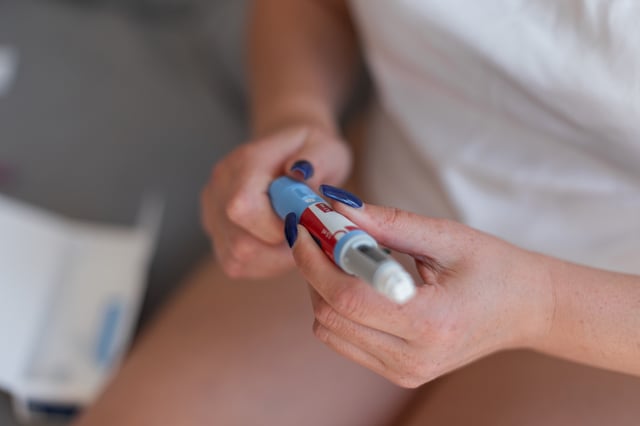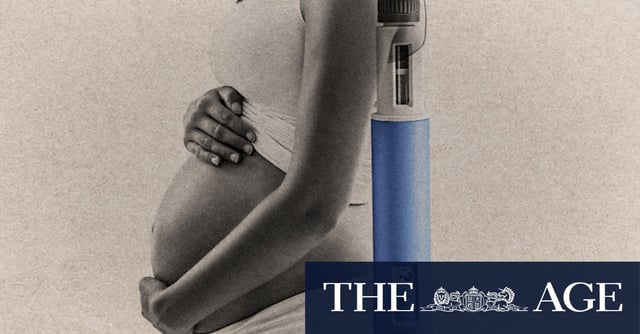Overview
- Medical Journal of Australia data show only 21% of 18,010 women starting GLP-1 drugs reported contraception, and 2.2% became pregnant within six months.
- Pregnancy rates were higher among younger women with diabetes and women without diabetes in their early thirties, with PCOS linked to roughly double the likelihood of conception.
- In 2022 more than 6,000 women began GLP-1 therapy and over 90% had no diabetes diagnosis, underscoring the shift to weight-loss use.
- Australia’s TGA says reduced effectiveness of oral contraceptives with tirzepatide at initiation or dose increases cannot be ruled out, a concern tied to slowed gastric emptying.
- UK authorities advise barrier contraception with Mounjaro, services report rising inquiries about GLP-1 exposure in pregnancy, and Eli Lilly advises discontinuing tirzepatide if pregnant or planning pregnancy.



